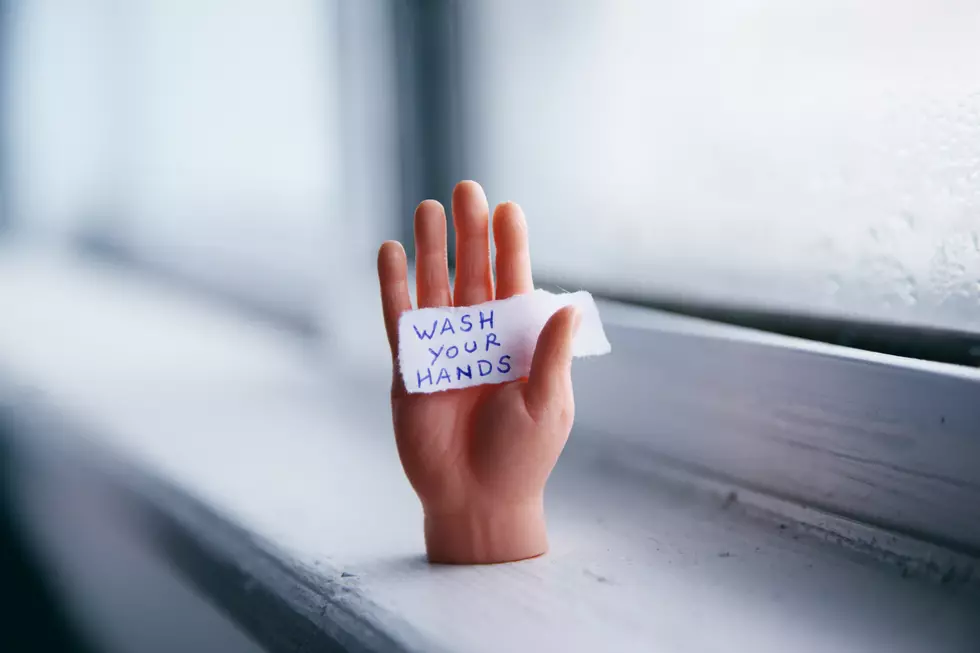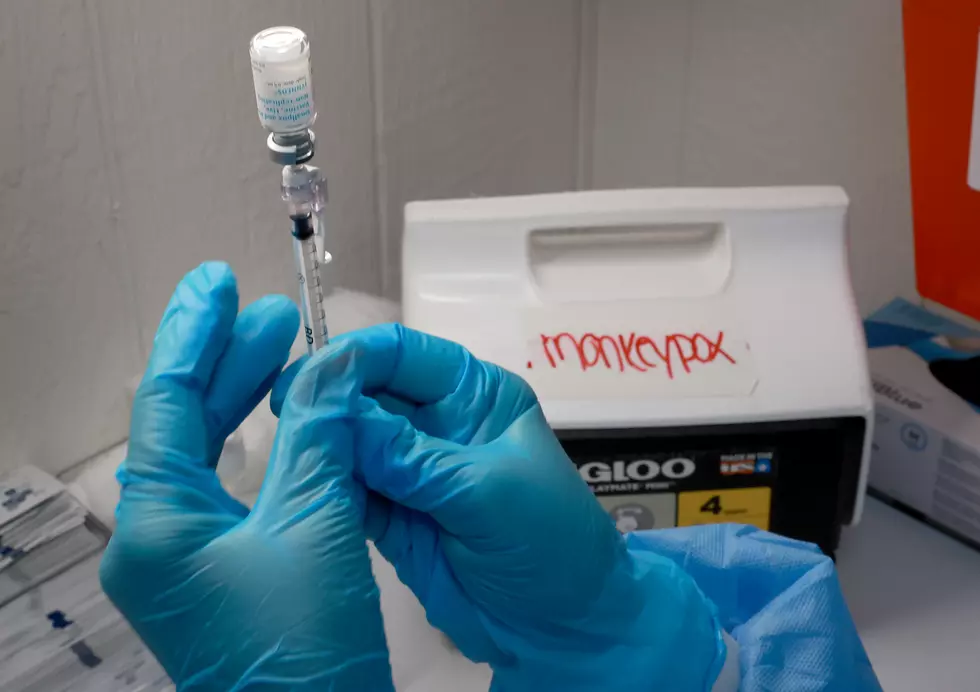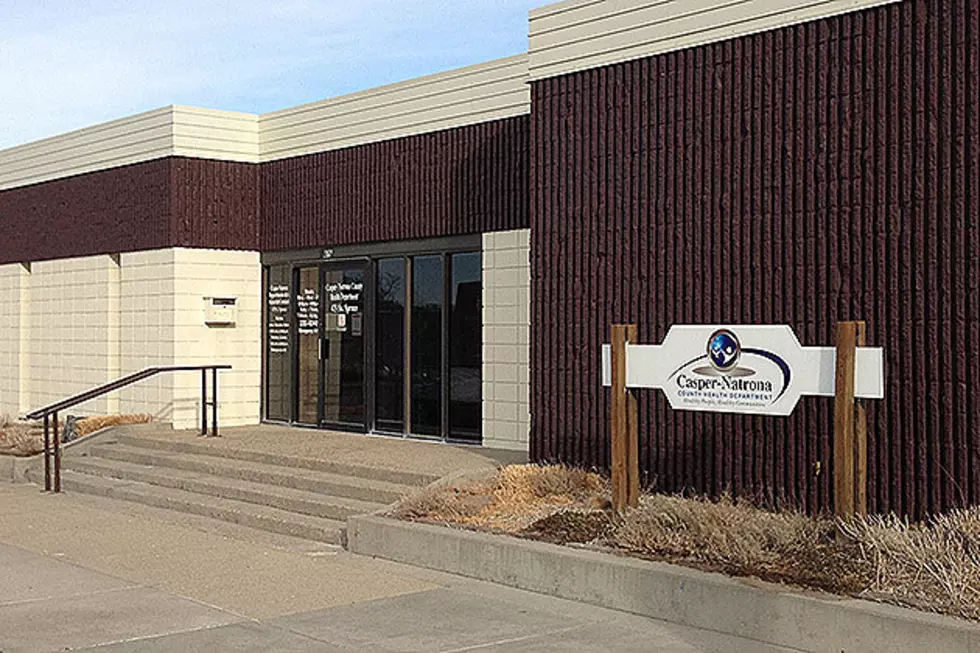
Wyoming is the LAST state left without monkeypox
Wyoming is the only state with no known monkeypox cases, though it's possible that positive cases have gone undetected in the state.
As of last week, Montana and Wyoming were the only states without detected cases of infection. However, on Friday, the Montana DPHHS confirmed its first case of Monkeypox in Flathead County. Initial testing was completed on Friday at the Montana State Public Health Laboratory and confirmatory will continue with the Centers for Disease Control and Prevention (CDC), according to DPHHS.
According to the CDC website the other five states surrounding Wyoming confirmed the following cases:
South Dakota: 1
Nebraska: 12
Colorado: 78
Utah: 46
Idaho: 7

Monkeypox symptoms usualy start within three weeks of exposure to the virus. If someone has flu-like symptoms, they will usually develop a rash 1-4 days later.
Persons with monkeypox get a rash that may be located on or near the genitals (penis, testicles, labia, and vagina) or anus and could be on other areas like the hands, feet, chest, face or mouth.
The CDC website said, "The rash will go through several stages, including scabs, before healing. The rash can initially look like pimples or blisters and may be painful or itchy."
Monkeypox can be spread from the time symptoms start until the rash has healed, all scabs have fallen off, and a fresh layer of skin has formed. The illness typically lasts 2-4 weeks, said the CDC.
Other monkeypox symptoms include:
- Fever
- Chills
- Swollen Lymph Nodes
- Exhaustion
- Muscle aches and backache
- Headache
- Respiratory symptoms (sore throat, nasal congestion, or cough)
- Sometimes, people have flu-like symptoms before the rash
- Some people get a rash first, followed by other symptoms
- Others only experience a rash
The CDC guidelines for preventing monkeypox contraction are as follows:
- Avoid close skin-to-skin contact with people who have a rash that looks like monkeypox
- Do not touch the rash or scabs of a person with monkeypox
- Do not kiss, hug, cuddle or have sex with someone with monkeypox
- Avoid contact with objects and materials that a person with monkeypox has used
- Do not share eating utensils or cups with a person with monkeypox
- Do not handle or touch the bedding, towels, or clothing of a person with monkeypox
- Wash your hands often with soap and water or use an alcohol-based hand sanitizer, especially before eating or touching your face and after you use the bathroom
The CDC website said, "There are no treatments specifically for monkeypox virus infections. However, monkeypox and smallpox viruses are genetically similiar, which means that antiviral drugs and vaccines developed to protect against smallpox may be used to prevent and treat monkeypox virus infections."
If you have symptoms of monkeypox, you should talk to your healthcare provider, even if you don't think you had contact with someone who has monkeypox.
Two vaccines may be used for the prevention of Monkeypox virus infection:
- JYNNEOS (also known as Imvamune or Imvanex), licensed (or approved) by the U.S. Food and Drug Administration (FDA) for the prevention of Monkeypox virus infection, and
- ACAM2000, licensed (or approved) by FDA for use against smallpox and made available for use against monkeypox under an Expanded Access Investigational New Drug application.
In the United States, there is currently a limited supply of JYNNEOS, although more is expected in the coming weeks and months.
There is a larger supply of ACAM2000, but this vaccine should not be used in people who have certain health conditions, such as a weakened immune system, skin conditions like eczema or other exfoliative skin conditions, or pregnancy.
No data are available yet on the effectiveness of these vaccines in the current outbreak.
The CDC website said, "To better understand the protective benefits of these vaccines in the current outbreak, CDC will collect data about adverse events and vaccine effectiveness, including whether the vaccine protects a person differently depending on how they were infected with Monkeypox virus."
Here Are Fire Safety Steps For Your Family
Answers to 25 common COVID-19 vaccine questions
More From 104.7 KISS-FM








